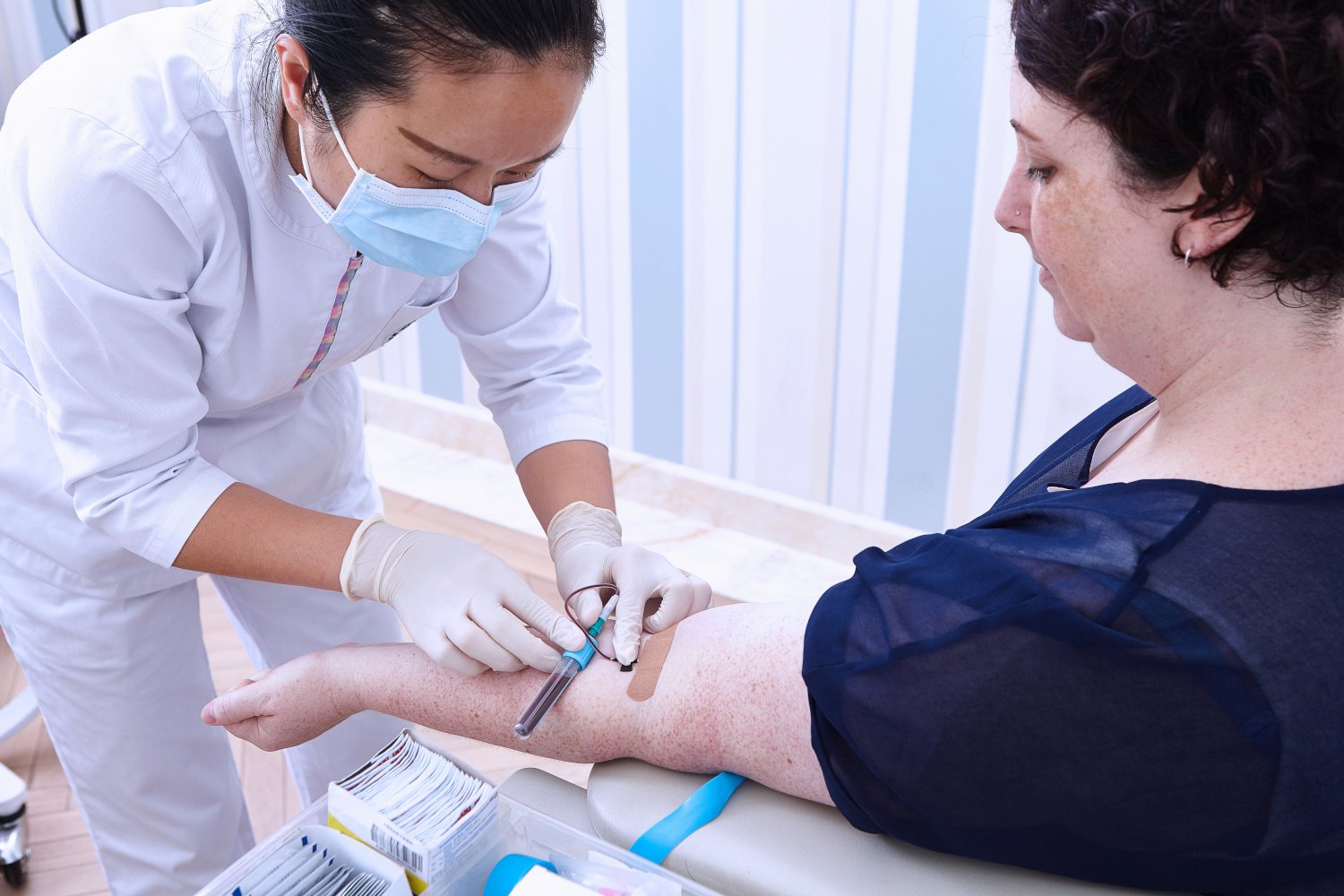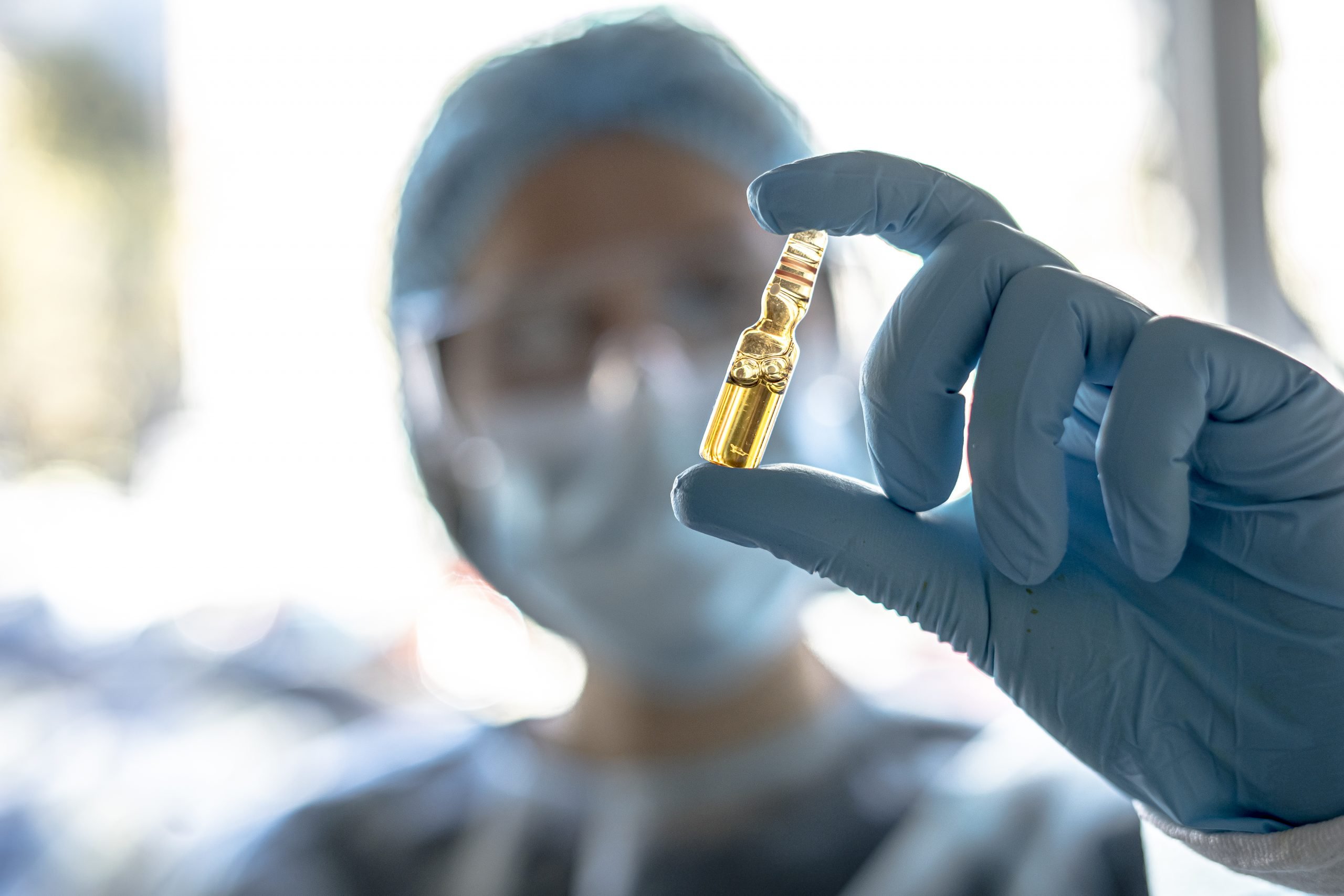The battle to make psychedelic therapy well-researched and accessible has been long fought, and although progress is still slowly being made, it may be a while before psychedelics like LSD and psilocybin are available in a clinical setting.
In the meantime, however, we’ve seen ketamine skyrocket in popularity, taking the center stage in the world of psychedelic medicine. Although ketamine isn’t exactly like what we think of as a ‘classic’ psychedelic, the experience that ketamine produces is psychedelic in all the ways that matter (something we discussed in a recent blog post).
Why has ketamine been able to come into the forefront so quickly? Let’s take a look at the characteristics of ketamine therapy that make it more versatile and “acceptable” as a mental health treatment.
Ketamine Has a Long History in the Clinical Field
The biggest reason ketamine has been able to enter the mental health world is its long medical history. Ketamine has been used as an anesthetic since the 1960s, so it’s already widely accepted as safe in a medical context. There’s already extensive medical research showing that ketamine is safe at anesthetic doses, which are significantly higher than therapeutic doses.
Medications in general typically face many obstacles before they become accessible to the population. The FDA conducts an extensive review process before a substance is scheduled by the DEA. Currently, ketamine is a Schedule III controlled substance, which is defined as a drug with “moderate to low potential for physical and psychological dependence.” Other Schedule III substances include low-dose codeine products, anabolic steroids, and supplemented testosterone.
In contrast, psilocybin, LSD, and MDMA are all Schedule I drugs, which by definition have “no currently accepted medical use and high potential for abuse.” Although all of these substances are in various phases of FDA trials for medicinal applications, this scheduling has historically made medical research involving these substances more difficult.
Ketamine Wears Off Quickly
In comparison to other psychedelics, ketamine has a relatively short half-life, meaning its effects wear off quickly. The acute dissociative phase of ketamine typically wears off after one hour, and it takes 3-4 hours for an individual to return to their baseline mental and physical status. Other psychedelics can have a much longer acute phase, lasting anywhere from 4 to 8 hours, with significantly longer recovery times.
This makes ketamine much more convenient and practical in a medical sense, especially when we consider an ongoing treatment course that consists of several doses over the course of multiple weeks. In addition to offering a more manageable time commitment, ketamine also doesn’t have lingering effects, so individuals don’t need to take time off to recover after treatment.
Generic Ketamine Has Few Barriers to Treatment
When it comes to generic ketamine specifically, because it’s being used off-label there are relatively few barriers to its accessibility. With a patented drug like Spravato, doctors must follow specific steps following a prescription to ensure patient safety. These legal processes are beneficial for many reasons, including regulation of the drug’s dosing and administration. They do, however, slow down the process of getting a medicine to actual patients. Since generic ketamine isn’t logged into the Risk Evaluation and Mitigation Strategy program, this contributes to its wide and rapid accessibility in recent years.
Ketamine Doesn’t Interfere with Traditional Antidepressants
Another large contributor to ketamine’s ability to join the psychedelic medicine conversation is that it gets along with other traditional medications for depression and anxiety. As we often discuss, ketamine has a significantly different biological mechanism of action to drugs like SSRIs and SSNIs. Rather than acting on serotonin pathways, ketamine acts on NMDA glutamate receptors.
Other psychedelics like LSD and psilocybin have high serotonin burdens, which means a greater potential for drug interactions. Individuals with a traditional antidepressant prescription would have to taper off their current treatment before beginning psilocybin treatment, for example, to avoid risk of serotonin syndrome.
Ketamine’s lack of interference with common antidepressants also gives it the potential to act as an augmentation to an existing prescription, rather than a replacement.


























